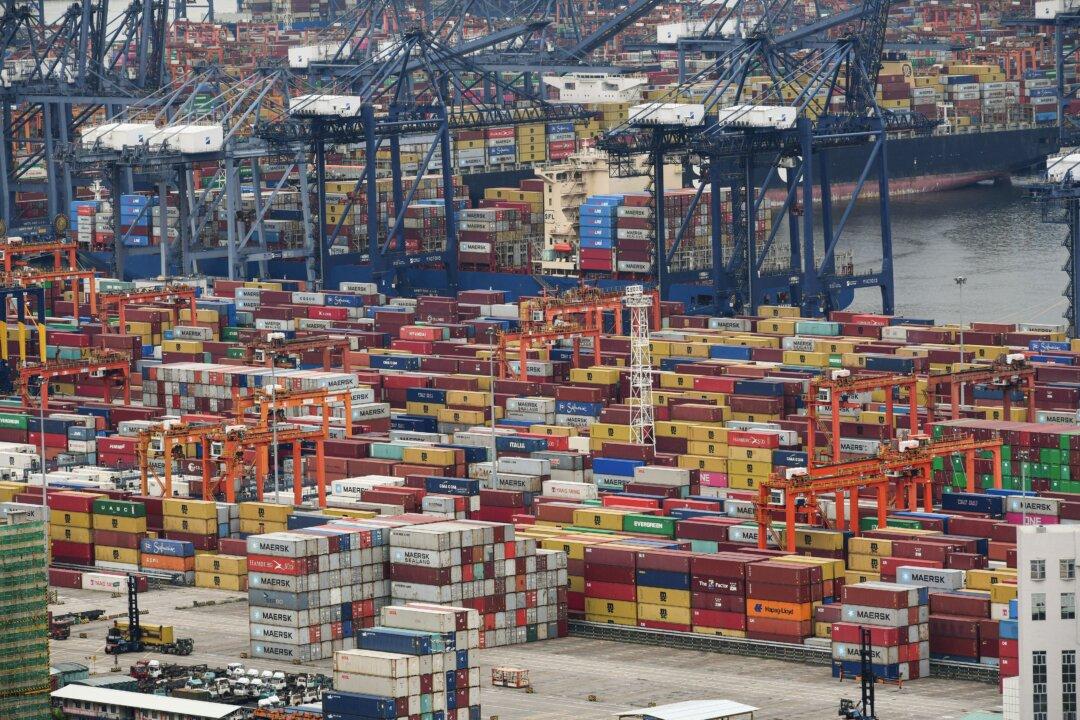Commentary
China isn’t like other countries. Its model, under the Chinese Communist Party (CCP), is to expand its power and control both vertically and horizontally—that is, in both territorial space and the individual’s actions within that space.

China isn’t like other countries. Its model, under the Chinese Communist Party (CCP), is to expand its power and control both vertically and horizontally—that is, in both territorial space and the individual’s actions within that space.